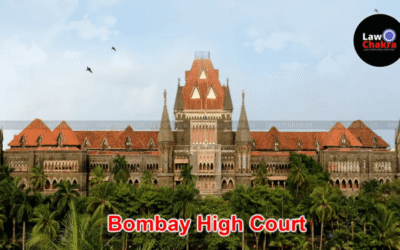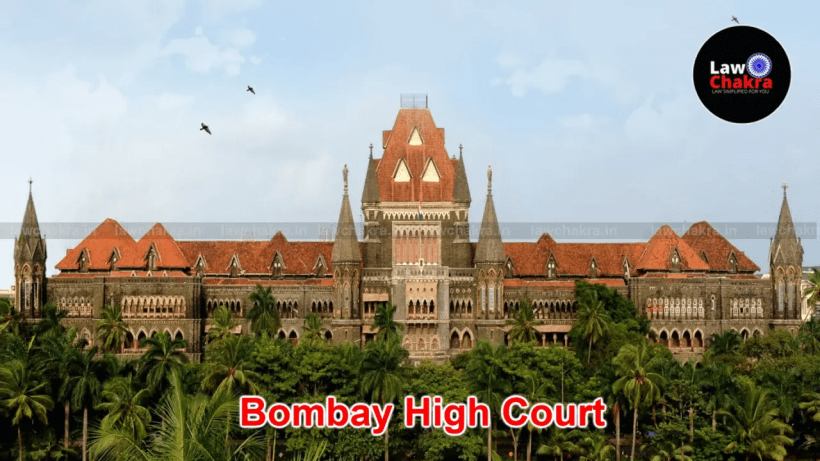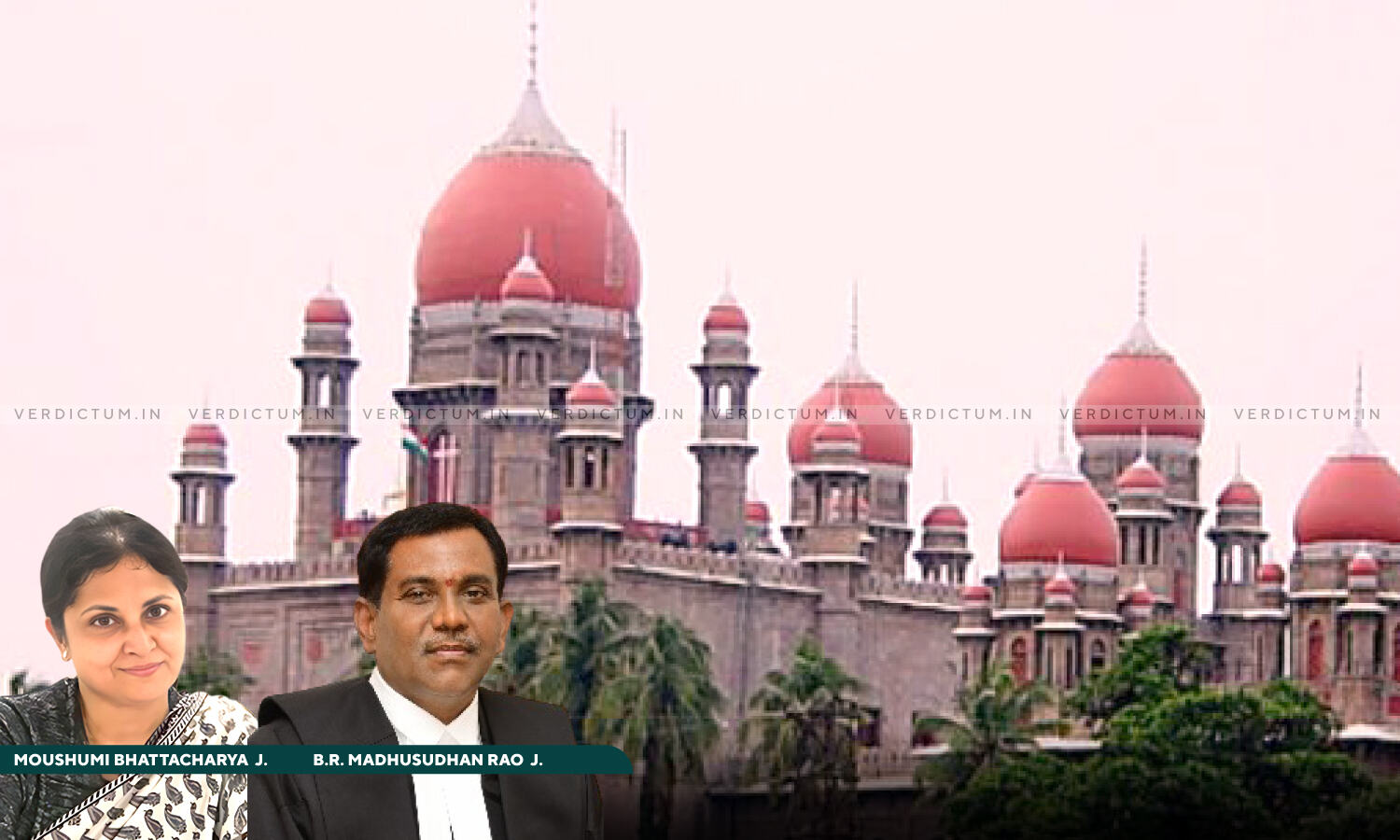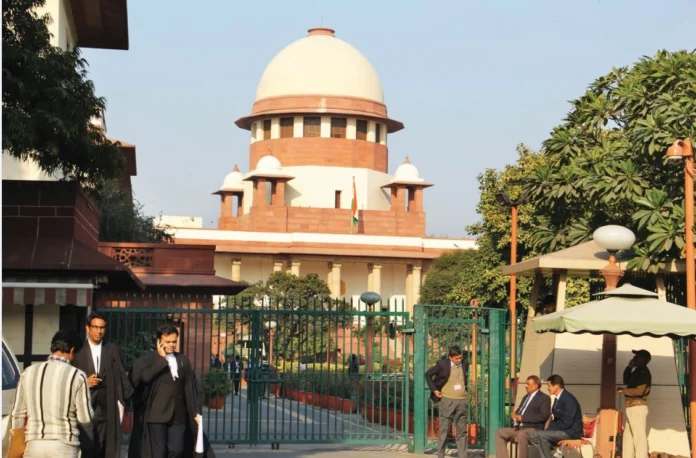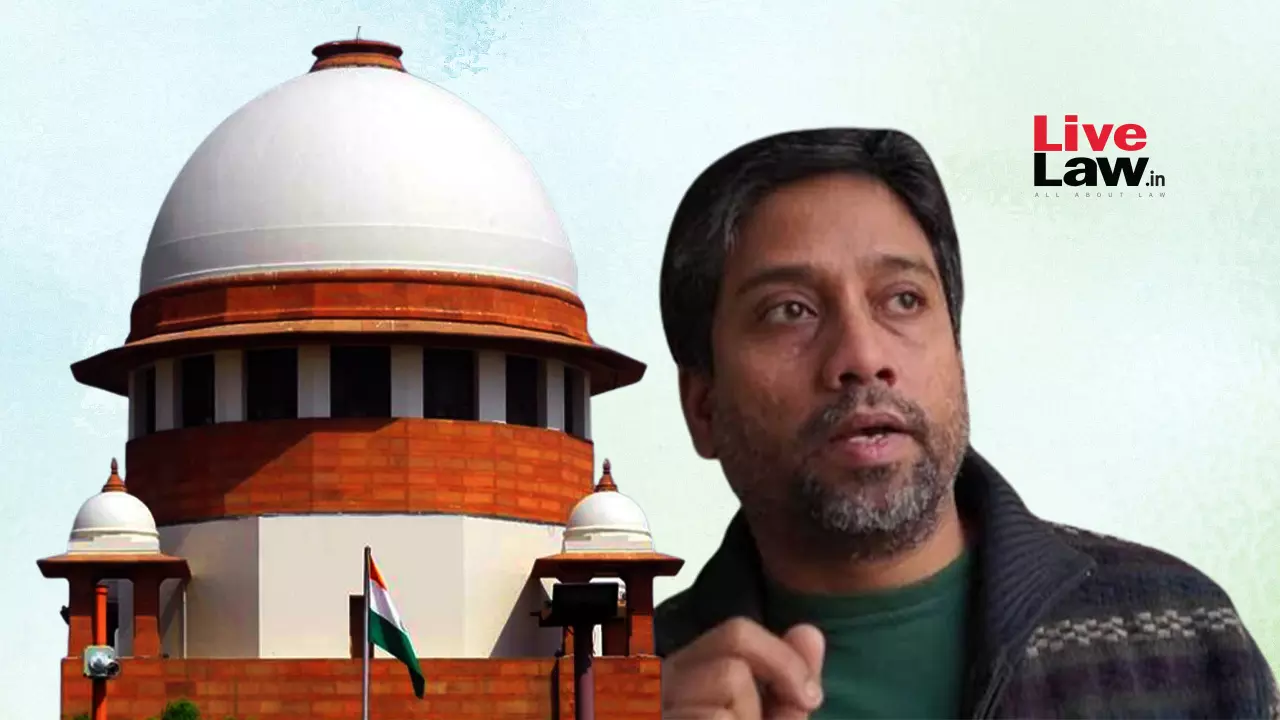“What If There’s Inter-Caste Marriage?”
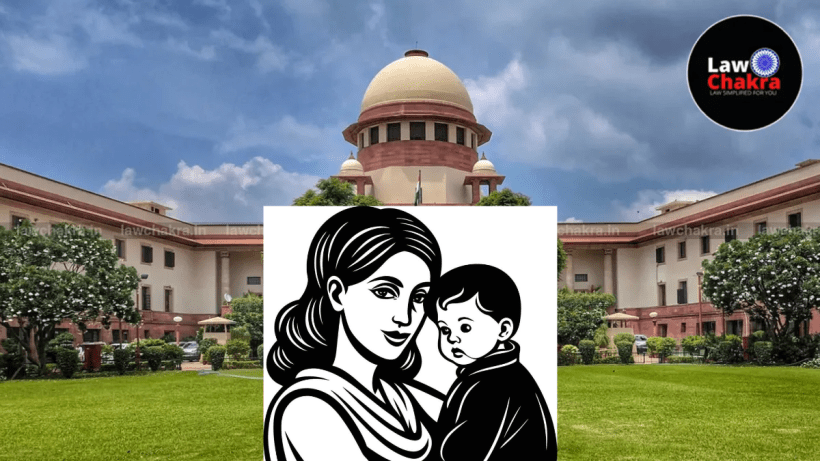
Thank you for reading this post, don’t forget to subscribe!
Today, On 23rd June, The Supreme Court raised a key question on issuing OBC certificates to children of single mothers, asking, “What if there’s inter-caste marriage?” The Court said the issue is important and needs proper discussion with all States involved.

New Delhi: The Supreme Court noted that the question of issuing OBC certificates to children of single mothers, depending on the mother’s caste, needs thorough examination and possibly the establishment of uniform guidelines, particularly in cases of inter-caste marriages.
The bench, comprising Justice K.V. Viswanathan and Justice N. Kotiswar Singh, was addressing a Public Interest Litigation aimed at revising the current guidelines for granting Other Backward Class certificates.
The petitioner argued that under the existing framework, even if a single mother belongs to the OBC category, her child must obtain caste certification from the paternal side, which results in undue hardship and effectively excludes children raised solely by OBC mothers.
Justice Viswanathan raised concerns about the matter being scheduled during partial working days, stating,
“This has to be heard. Why is it listed in partial working days?”
The Court highlighted the broader implications of the issue and suggested that a uniform standard may be necessary.
He remarked,
“See, the problem will arise if there is an inter-caste marriage,”
He further added,
“It is an important issue. It needs to be deliberated. All these States need to be made party.”
When the counsel for the Respondents indicated that the Court would need to provide guidelines and that all States should be included, Justice Viswanathan commented, “Something will have to be laid down.”
Representing the Union of India, Additional Solicitor General Sanjay Jain referenced the Supreme Court’s previous ruling in Rameshbhai Dabhai Naika v. State of Gujarat (2012), which addressed the caste status of children raised by single mothers from Scheduled Castes.
Also Read: EXPLAINER| SAME SEX MARRIAGE: Why Supreme Court Declined To Legalise It?
He suggested that similar principles or guidelines might be necessary in the context of OBC classification as well.
The Court noted in its order,
“The present writ petition raises an important issue about issuance of Other Backward Class certificate to children of single mother where the mother belongs to the Other Backward Class category. The claim of the petitioner is that the certificate should be issued on the basis of the certificate held by the single mother. The grievance of the petitioner is that the present guidelines are to provide for considering the OBC certificate issued to any paternal blood relative, as the basis. According to the petitioner, this causes grave hardship to single mothers.”
The Bench acknowledged the significance of the matter and called for a final hearing.
Consequently, the Court directed,
“Considering the importance of the matter, subject to orders of Hon’ble Chief Justice, let the matter be placed for final hearing on 22 July. States that desire to appear and place their point of view, are at liberty to do so.”
Justice Viswanathan said again clearly in the courtroom,
“You also have to see what happens if there is inter-caste marriage. It is certainly a case for consideration.”
The case is set to be heard on July 22, 2025.
Case Title: Santosh Kumari v. Government of NCT of Delhi & Ors., (W.P.(C) 55 of 2025)

